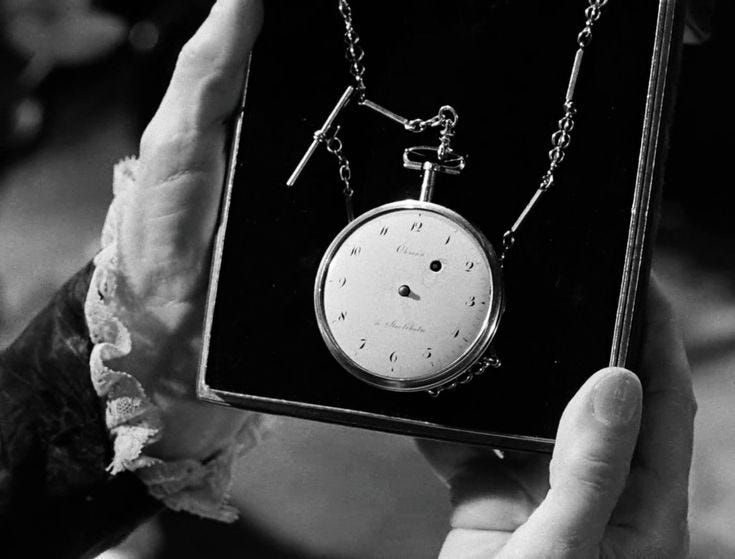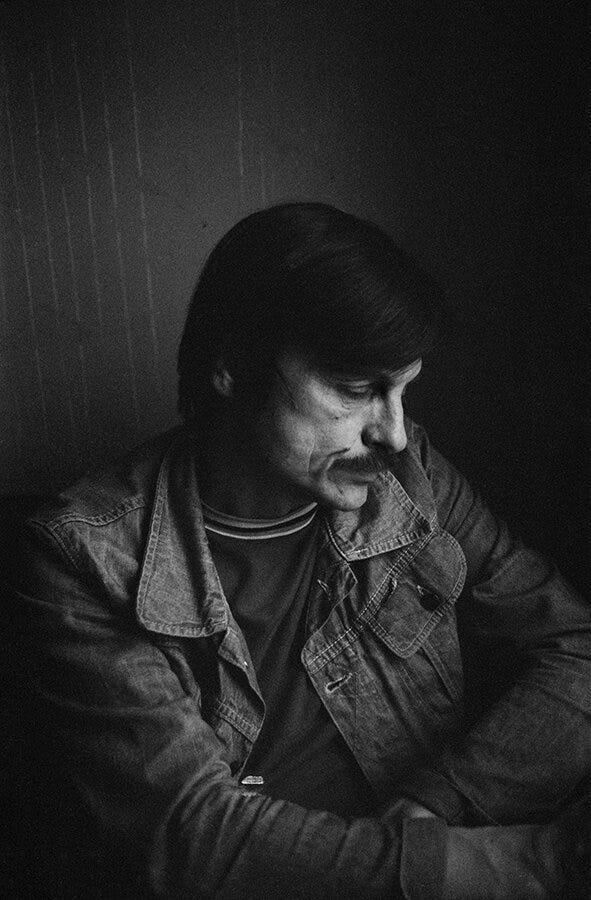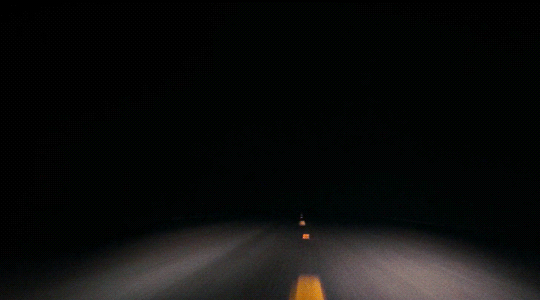Why Every Writer Must Master Time – Part One
Writing Feels Hard? Maybe You Need to Investigate Your Artistic Relationship with Time
I’d like to say “Good morning,” that simple expression loaded with energy and a desire for mutual joy. But… we’re not sharing the same time. What’s happening here is an amazing extra-temporal conversation, since you’re possibly in February, while I’m still in January.
Precisely, my clock reads 8:23 PM, 30.01. The last Tuesday of the month.
Well, I suppose this introduction doesn’t accomplish much. Just a way to say “Hello” instead of “Good morning”. Digressions. Always happen when I’m tired at night. Anyway, let’s say what can be said: hello!
This week has been pretty good. As I thought in the last entry, my main goals were achieved. On Monday, for instance, I contacted a professor to talk about my research project, and yesterday I submitted the theatrical version of The First Certainty to a magazine.
I’m very excited! There’s a good chance the short play will be published, and I hope the professor has a vacancy for new supervisees. He’s a highly sought-after advisor in the department. Not just a talented scholar, but also a kind man. Let’s see!
On the other hand… I have to say: my current script is giving me headaches.
*
It is not a tricky project. Absolutely. In comparison with I used to write, philosophical narratives, that one is simpler and more traditional. Yet, it has been overwhelming. For a few moments, I thought about leaving it, such a disconnection between me and the work.
The reason for this is that I allowed myself to fall into some traps, which I want to begin telling you today.
I conceived the idea for Retirement around September 2024, during a screenwriting lab. Usually, when working on a personal project — that is, when I can calmly picture, build, and enjoy it — I take 2 to 4 months to write a 20-minute short film.
This is my time. Something totally different from what the industry tries to impose. And I do not negotiate it. The art life is a great life. But only if you are able to protect and value your own identity as an artist.
Putting aside for the moment the important topic “How to manage industry demands with freedom?”, the fact is that the short film should already be finished. So, what happened?
We can’t imagine how far we are from understanding what the art life means. More and more books, manuals, and courses on creativity are being released. Clearly, there’s a growing thirst for this topic. Nevertheless, can we conclude that many artists are born from it? Of course not.
While all this content delivers great tools and some insights, like Robert McKee’s books, it rarely explores the subjective dimension of the craft, such as mental flows, attention to feelings, their roles in the creation, and so on.
We clearly lack a phenomenology of the artistic mind. A deep understanding of how this kind of mind operates, has operated, and can operate. Hence, we lack a significant understanding of what it truly means to be an artist, missing, for instance, the crucial role that time plays in our journey.
Time is the source of everything.
We suffer for the time we haven’t or have lost, cry in the face of its finitude, and torture ourselves when we don’t know how to manage it properly. At the same time, there could be no pleasure, relief, and even human consciousness without time.
It’s important to remember this, for we rarely hear people discuss how an artist must understand time in order to do his work better, in a meaningful way. All we hear is: “Don’t rush! Respect your time.” A common, shallow piece of advice that doesn’t even attempt to provoke a brief reflection on how to actually do this.
Well, what nearly ruined my project, in short, was the way I manipulated time. A dangerous but sometimes necessary approach, that you probably have taken or will take.
As I mentioned indirectly, I’m not a full-time writer. So, I divide my days and hours between teaching — Literature, Philosophy, and Writing — academic research, content writing, other tasks, and my artistic work.
Like many others, it’s a busy life. Challenging. It’s not always easy to balance everything, and there are many periods when something must receive less attention than others. In these cases, just like in agriculture, the key is learning how to do “crop rotation”, increasing production while preserving the soil, i.e., our minds.
For me, it’s imperative to have three meetings with my personal project per week. Three dedicated moments solely for writing, and nothing more. Nowadays, without this frequency I can’t maintain my head engaged with the project.
And that’s the point: I need not just sit down 3 times per week and write. I need to constantly feel my mind in contact with the story. Thinking day after day about what kind of image I want to convey, the best action descriptions and dialogues, and so on. For me, to live daily with characters, ideas, and plot, like Luigi Pirandello describes in Six Characters in Search of an Author (1921), is essential.
During busy periods, these moments usually take place on Monday, Wednesday, and Tuesday mornings. The first five hours of each day are sacred for writing, in a literary sense: it’s when I have my best wood to burn, so I try to protect mornings from other demands.
I say “in a literary sense”, for writing and creation are 60 % or more different mental actions than writing scenes, dialogues, etc. For example, in terms of catching ideas — new ideas or ideas that develop a work in progress —, the darkness from night is sacred. So, it’s like I’m saying: everything is about mastering your relationship with time.
Going back to “practical writing” sessions, they don’t necessarily need to last the same amount of time, but the average is 2.5 hours. And this number is also relevant. My mind needs this exact amount of time to achieve some sort of beginning, middle, and end of anything.
My mind needs 45 to 60 minutes to get into the project — reading, rereading, making edits, remembering beats, reflecting on the meanings at stake in a scene, etc. Like a chess player sitting in front of a board with an ongoing game.
This step is nearly always necessary, because moving a piece without doing so… is dangerous. A careless gesture that often generates undesired problems. Quickly.
After this hour, I feel finally “inside” the work, experiencing a sense of safety, wisdom, and control that enables me to take the next step and properly create anything.
I see many people, including my writing students, having big problems because they skip this basic step. They don’t heat the engine before racing. Or, what is more comprehensible, they don’t know how to do it. They’re still observing their minds, trying to identify what actions, during work, can provide the kind of feeling I mentioned above.
In any case, the result is the same in both cases: they think they don’t know what to write or how to write. Or they end up writing something that doesn’t work very well.
How could it be different? They’re walking in an unknown land without a compass. Driving with the headlights off.
Writing with confidence requires introspection. A sharp look at your consciousness, in an attempt to understand your own metabolism.
Many times, to solve a problem, we are encouraged to think rationally, trying to find out what rules our piece of art is neglecting. Forget the rules. Forget the principles. Technique is barren without a deep understanding of our identity, our beings on time.
So, give journals a shot. Take notes on your work. And if you already do it, let us know how that autobiographical practice touches you.
*
As you can see, this entry has become a long one. So, we’ll see each other next week to talk more about the same subject. I’ll bring news, of course, but also finish telling you more about my relationship with time, how it was violated, and how I’m struggling to overcome this “Low Point”.
Take care of yourself. Enjoy the day. Thank you for being here. And have a great week!
Matheus Cenachi





Let's bulid projects that creates a phenomenology of the artistic mind! It's so necessary!